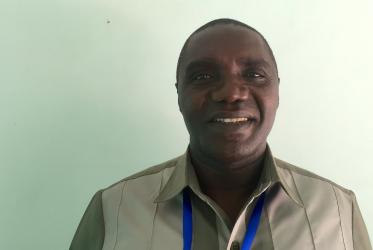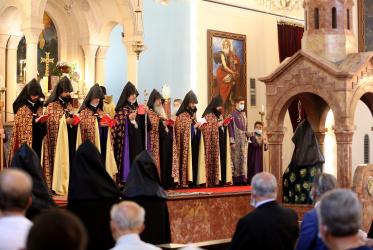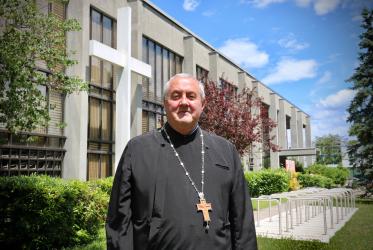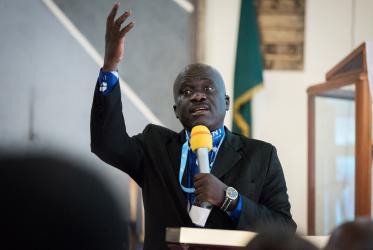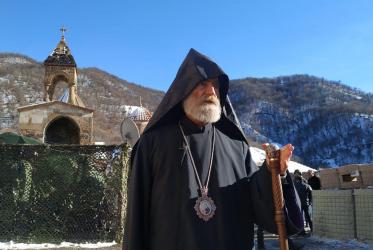A Toolkit to Accompany the "Roadmap for Congregations, Communities and Churches for an Economy of Life and Ecological Justice"
“Walk the Talk” builds on “Roadmap for Congregations, Communities and Churches for an Economy of Life and Ecological Justice,” a 5-step programme to change the way we deal with the economy and our ecological surroundings.
This toolkit aims to enthuse congregations and churches through concrete examples of communities in action as well as offer good practices and practical materials to “walk the talk” on economic and ecological justice, in each of the areas:
- Living in Accordance with the Covenant with God and Creation
- Renewable Energy and Climate Protection
- Just and Sustainable Consumption
- Economies of Life
31 August 2021







